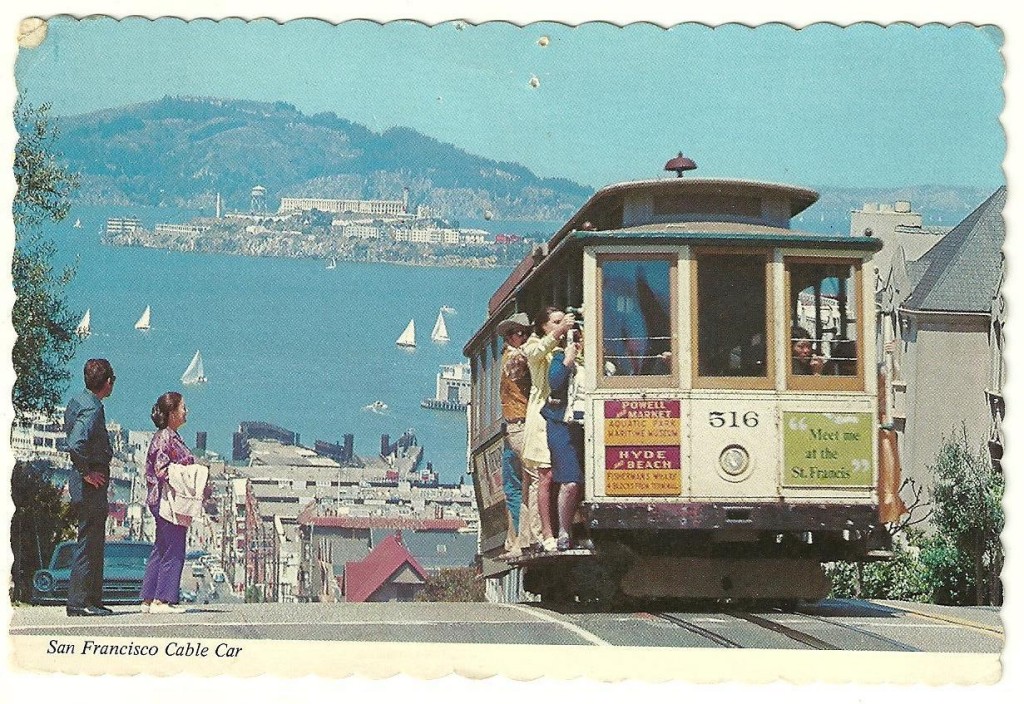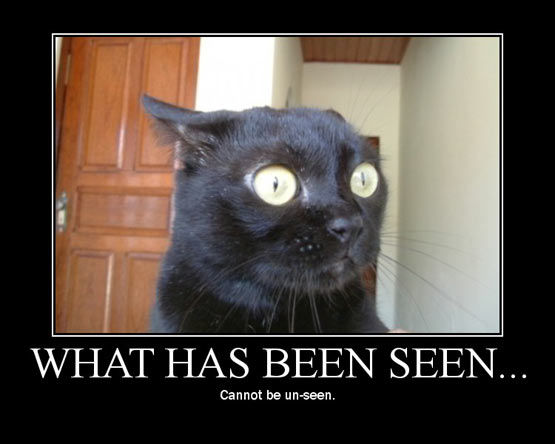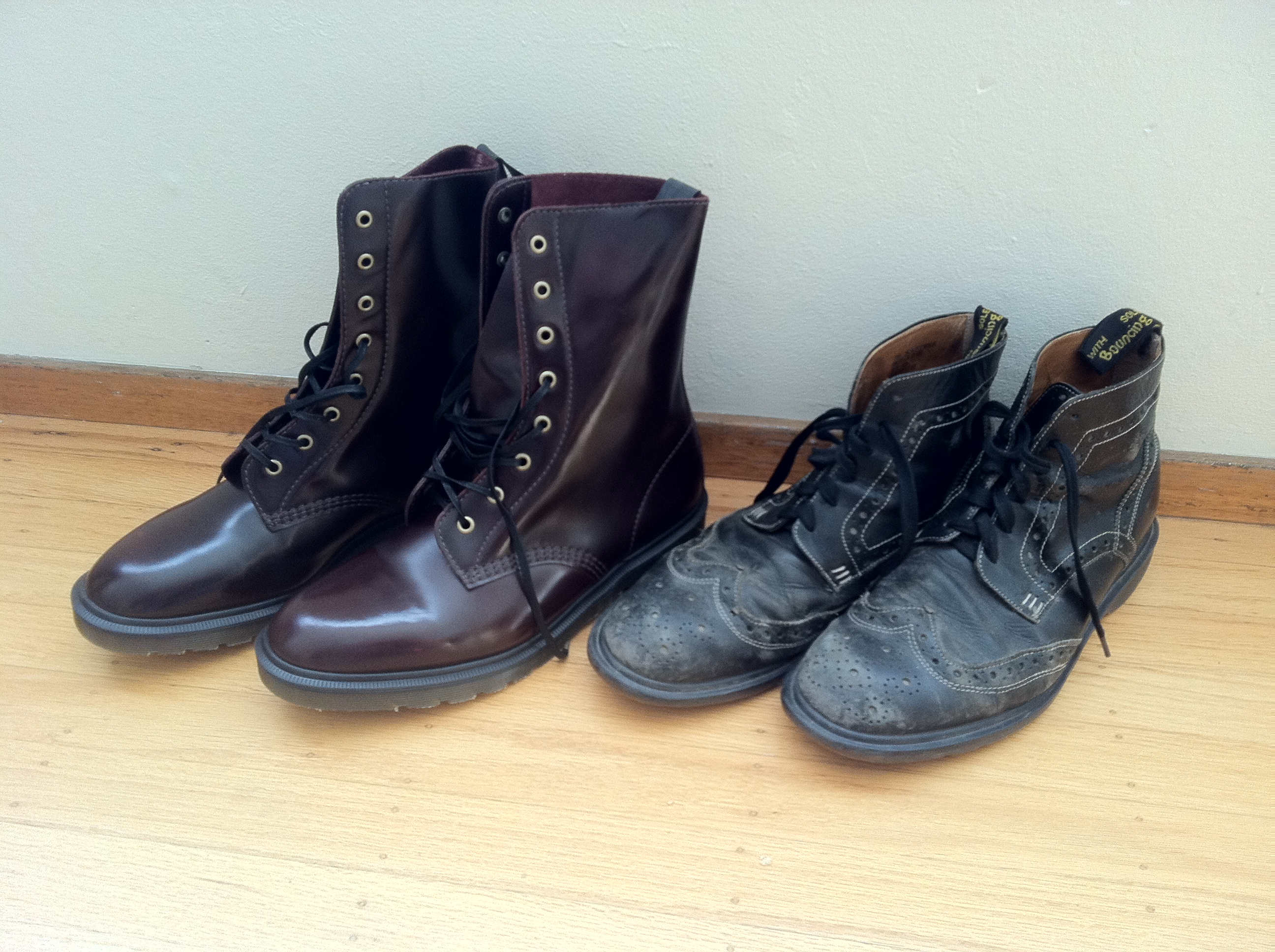
I have a small collection of corporate apologies.
I think software companies in particular are getting quite good at apologies. (Whether they're getting better at not doing things they should apologize for is another matter). Modern software companies generally expect to move quickly and to have relatively transparent communication with their users (at least compared to pre-Internet corporations). Both of these expectation mesh well with good apologizing.
I'm interested in corporate apologies for three reasons.
First, many of the apologies I've collected come from companies whose products I use, like Netflix, EVE Online, Flickr, and Airbnb.
Second, I work for very similar companies, and so while I hope to avoid it by never screwing up, it is entirely possible I'll be in the position of having to write such an apology one day. If that happens, I'd like to do a good job.
Finally, I love looking at different genres of writing. I think of corporate apologies as a very specialized genre, one that is usually written under a great deal of stress (because it usually follows something unpleasant happening), to an unusually critical audience (the apology is happening because some people are very unhappy), in a short period of time (an apology is best delivered as soon as possible).
Here's a few of my favorites:
1. Path apologizes for mishandling user data.
We are sorry.We made a mistake. Over the last couple of days users brought to light an issue concerning how we handle your personal information on Path, specifically the transmission and storage of your phone contacts….
2. EVE online apologizes for not listening to the community
Dear Followers of EVE Online,
The past few months have been very humbling for me. I’ve done much soul searching, and what follows is my sincere effort to clear the air with all of you. Please bear with me as I find my way through.
The estrangement from CCP that many of you have been feeling of late is my fault, and for that I am truly sorry. There are many contributing factors, but in the end it is I who must shoulder the responsibility for much of what has happened….
3. Netflix apologizes for a price hike and announces a plan to split the company in two, and then backtracks and apologizes for that.
I messed up. I owe everyone an explanation.
It is clear from the feedback over the past two months that many members felt we lacked respect and humility in the way we announced the separation of DVD and streaming, and the price changes. That was certainly not our intent, and I offer my sincere apology. I’ll try to explain how this happened….
Followed by:
DVDs will be staying at netflix.com It is clear that for many of our members two websites would make things more difficult, so we are going to keep Netflix as one place to go for streaming and DVDs….
4. Airbnb apologizes for a truly horrific rental experience and their handling of the aftermath
Last month, the home of a San Francisco host named EJ was tragically vandalized by a guest. The damage was so bad that her life was turned upside down. When we learned of this our hearts sank. We felt paralyzed, and over the last four weeks, we have really screwed things up. Earlier this week, I wrote a blog post trying to explain the situation, but it didn’t reflect my true feelings. So here we go….
5. Livejournal apologizes for overzealous enforcement of policy violations
Well we really screwed this one up…
For reasons we are still trying to figure out what was supposed to be a well planned attempt to clean up a few journals that were violating LiveJournal's policies that protect minors turned into a total mess. I can only say I’m sorry, explain what we did wrong and what we are doing to correct these problems and explain what we were trying to do but messed up so completely….
6. Flickr apologizes for the mistaken removal of a photograph
I have to be a little quicker than I'd like because I'm writing this on a Treo in a car in the desert, coming back from a vacation (I'm not driving – no worries). I've gotten the whole back story from the team and have read the forums, various Flickr groups topics and blog posts on this topic (as of a few hours ago), so I have a pretty good idea that we screwed up — and for that I take full responsibility (actually, several team members are fighting to take responsibility)….
These are all worth reading, take a little time to check each of them out.
Each of these apologies get the basics right. They're from a specific person (usually the CEO or similar figure) and written in plain, direct language with an admiral minimum of corporate-ese. All of them contain some variation of "We screwed up."
The EVE online apology and the Flickr apology are probably the most personal (which makes sense given the history of those two companies), but none have that strangled sound we've come to expect from a canned, PR-approved response. Which is not to say PR people weren't involved — only that good ones were.
All of them contain some variation of "I take full responsibility," so there's no pushing of blame onto another party. Most include explanations of what went wrong, why it went wrong, and what the company intended to do about it. On the other hand, the first Netflix apology contained a remedy (splitting the company in two) that was arguably worse than the initial problem (essentially a price hike). The lesson here is probably: don't get too fancy with your remedy, and don't let it get hijacked by some other corporate priority.
Context is also interesting. All of these were posted in the company blog, rather than a separate press release. Flickr's is a little different since the initial apology from Stewart came in an active community thread, and then was reposted in the official blog.
I've talked mostly about the apologies themselves, but, as most of the apologies themselves point out, actions subsequent to the apology also matter.
Do you have a favorite corporate apology? I'll add it to the list.
Added 4/16/2012
Here's one found by Andrew Sandler, from RunKeeper, a fitness tracking app:
With all of this good stuff happening, we wanted to write this post because we feel like we owe you an apology. You see, we have always prided ourselves on being a user-driven company. A company that cares about your feedback. A company that makes decisions with you, our users, in mind. We feel like recently we started to stray from those values. We spread ourselves too thin. We had too many initiatives going on at once. And most importantly, we stopped listening to our users as much as we should be.
I'm sorry photo CC by shandopics





















